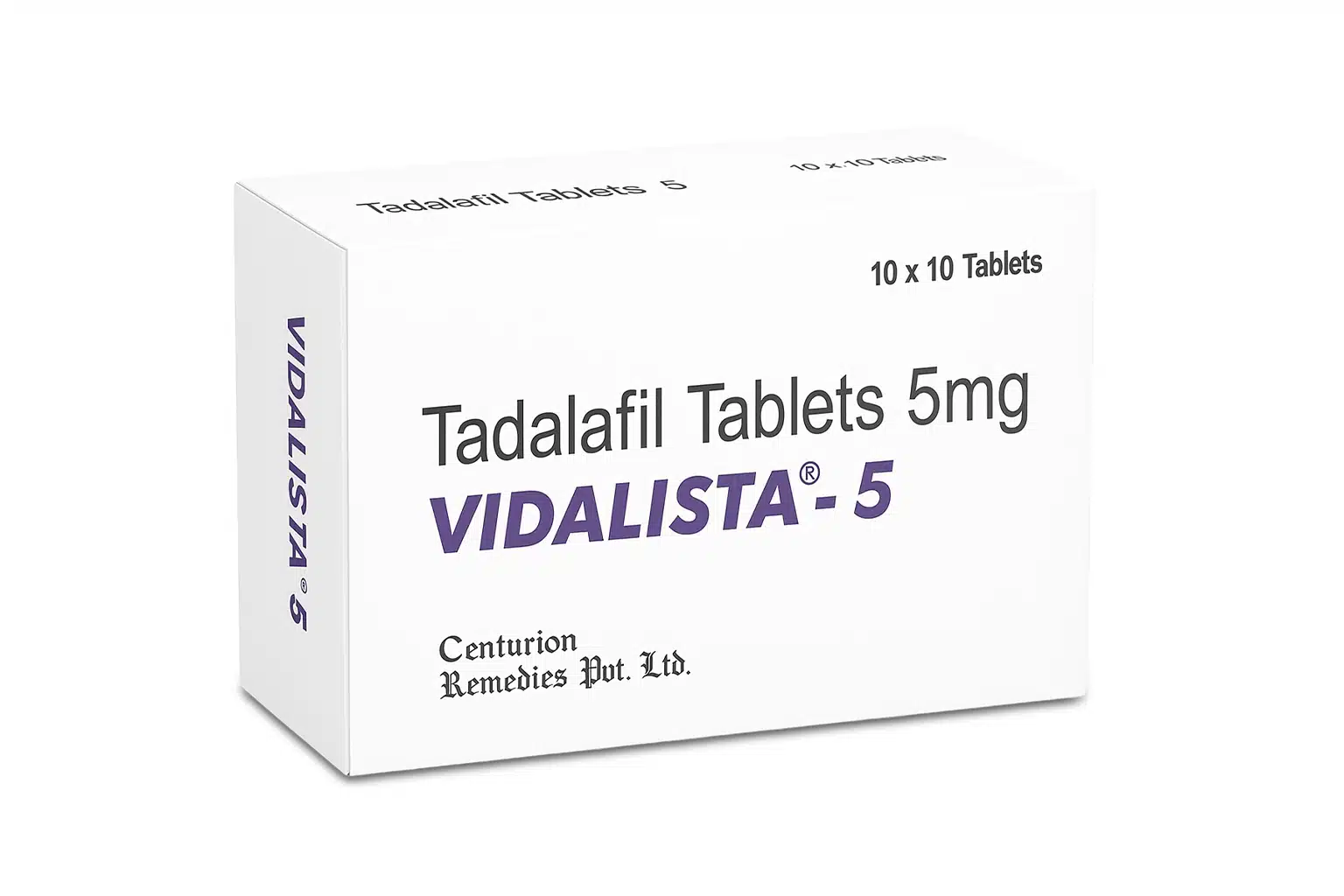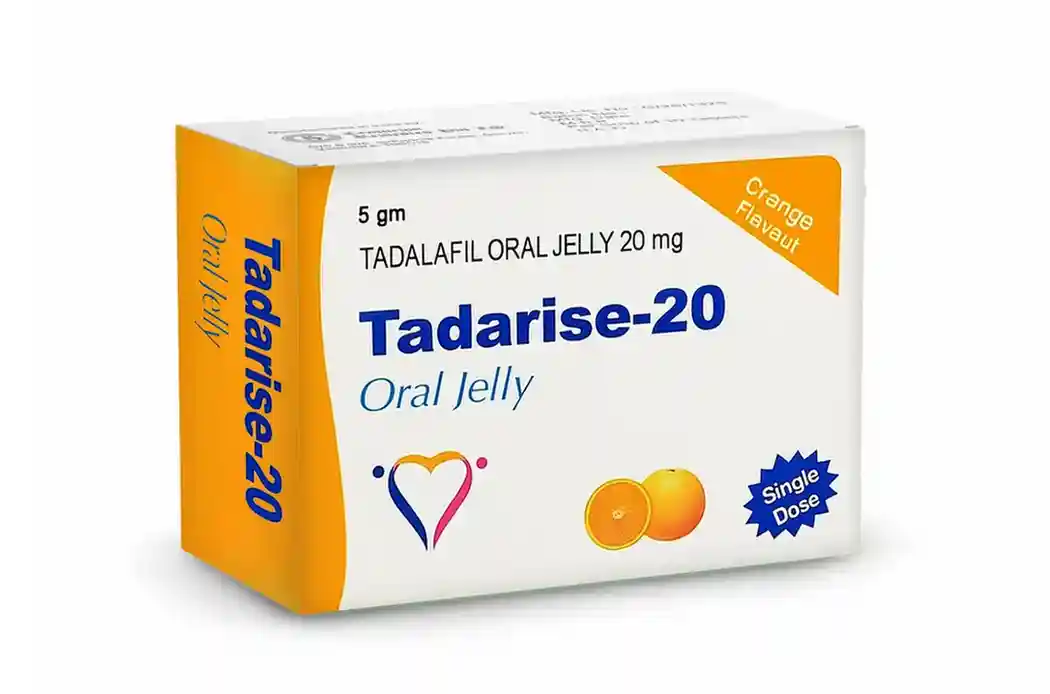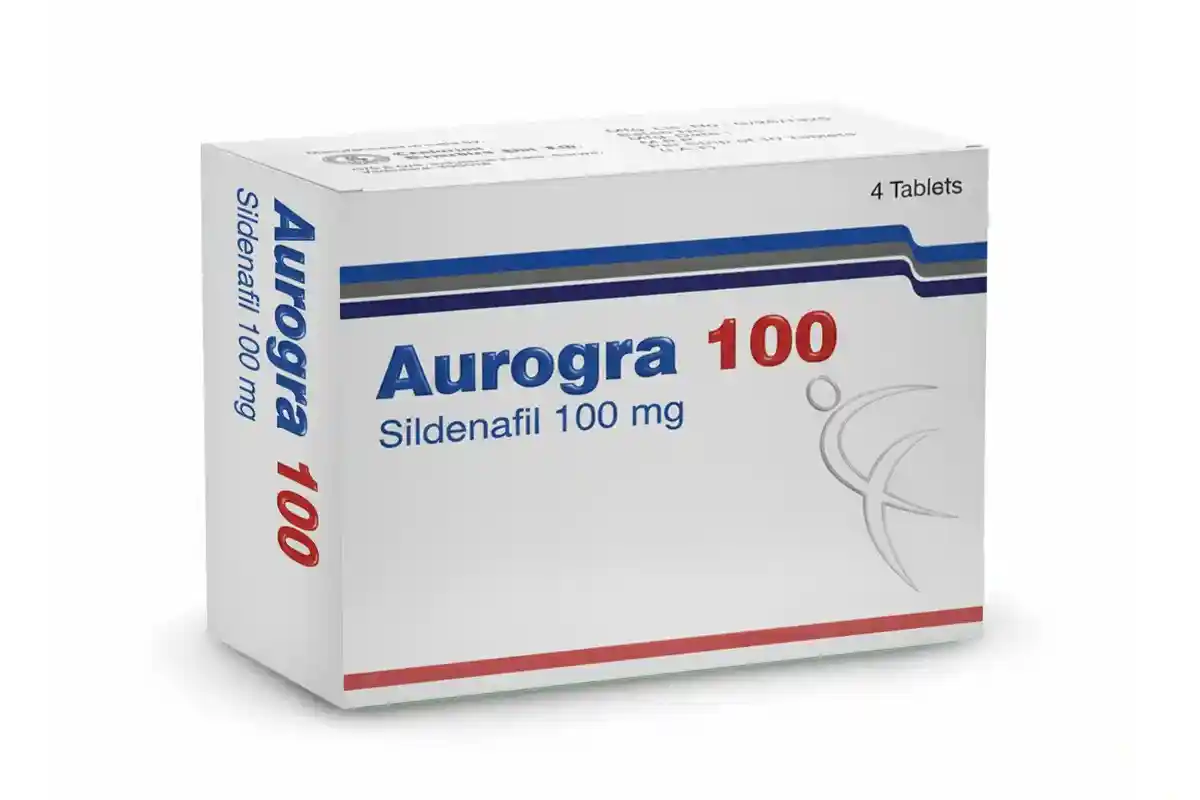Erectile dysfunction, or ED, is one of the most common sexual health problems in men but it’s also one of the least openly discussed. Many men silently wonder, “How do you get erectile dysfunction?” or “Why is this happening to me?” This blog breaks it all down in simple, relatable terms.
Whether you’re dealing with occasional performance issues or facing chronic ED, understanding what causes it is the first step toward fixing it. Let’s dive into the real reasons behind erectile dysfunction, how it starts, and what you can do to take back control of your sex life.
What Is Erectile Dysfunction?
Erectile dysfunction (ED) is when a man has trouble getting or keeping an erection firm enough for sex. It can happen occasionally or become a frequent issue that affects confidence, relationships, and quality of life.
In medical terms, it’s the inability to achieve or sustain an erection due to physical, psychological, or lifestyle-related factors.
But how does it really happen? Let’s simplify.
What Causes an Erection in the First Place?
To understand what causes erectile dysfunction, it’s important to know how a normal erection works:
- Mental and physical arousal trigger your brain
- Your brain sends signals to increase blood flow to the penis
- Blood fills two sponge like chambers in the penis (called corpora cavernosa)
- As they expand, the penis becomes hard and erect
- The erection stays until blood flow slows after ejaculation or the excitement wears off
Any problem that affects this chain mentally, blood flow, nerve signals, or hormones can cause ED.
So, How Do You Get Erectile Dysfunction?
Here are the major causes of erectile dysfunction, explained in plain English:
1. Poor Blood Flow
Your penis needs a strong blood supply to become hard. If blood doesn’t reach it properly, erections get weak or don’t happen at all.
Common causes of poor blood flow:
- High blood pressure
- High cholesterol
- Smoking
- Obesity
- Diabetes
- Heart disease
These conditions clog arteries, including the ones that supply blood to your penis. If your heart or blood vessels are struggling, your erection might too.
2. Nerve Damage
Your brain, spinal cord, and penis nerves all work together during an erection. If nerve signals get interrupted, erections don’t happen smoothly.
What causes nerve damage?
- Diabetes
- Spinal injuries
- Multiple sclerosis
- Pelvic surgeries (like prostate surgery)
- Radiation therapy near the groin
If nerves can’t send the right signals, your body won’t know it’s supposed to get an erection even if you’re mentally aroused.
3. Hormonal Imbalance
Testosterone is the main male sex hormone. If your testosterone levels are too low, your sex drive (libido) drops, and so does your ability to get or keep an erection.
Causes of low testosterone:
- Aging
- Obesity
- Chronic stress
- Pituitary gland disorders
- Certain medications
Hormone tests can reveal if testosterone is behind your ED.
4. Mental and Emotional Issues
Your brain plays a major role in triggering erections. If your mental health is suffering, your erection might too.
Common psychological causes:
- Stress
- Performance anxiety
- Depression
- Relationship problems
- Low self-esteem
Even if your body is fine, your brain can block the signals needed to start an erection. This type of ED is called psychogenic ED, and it’s more common than you think.
5. Medications That Interfere
Some medicines you take for unrelated issues can mess with your sexual performance.
Common culprits include:
- Blood pressure meds
- Antidepressants
- Anti-anxiety drugs
- Heart medications
- Prostate treatment pills
If your ED started after you began a new medication, talk to your doctor. There may be an alternative that won’t affect your erections.
6. Unhealthy Lifestyle Habits
Your daily habits have a direct impact on your sexual health. If you’re not treating your body well, your penis will feel it too.
Bad habits that lead to ED:
- Smoking – damages blood vessels
- Heavy drinking – numbs sexual nerves
- Drug abuse – alters brain chemistry
- Lack of exercise – poor circulation
- Unhealthy diet – obesity, high cholesterol, etc.
Small changes to your routine can significantly improve your performance in the bedroom.
7. Obesity
Carrying excess weight puts a strain on your heart, hormones, and blood flow. Obesity increases your risk of:
- Diabetes
- High blood pressure
- Low testosterone
- Depression
All of these are linked to erectile dysfunction. Weight loss can often reverse or greatly improve ED.
8. Age-Related Changes
As men age, erections may not be as spontaneous or firm as before. But ED is not an automatic part of ageing; many men in their 60s and 70s have active sex lives.
However, older men are more likely to have:
- Circulation issues
- Diabetes
- Low testosterone
- Medication side effects
These factors, not age alone, are usually to blame.
Best Seller
-
Cenforce 100 Mg
Best Seller$24.00 – $215.00Price range: $24.00 through $215.00Rated 4.50 out of 5Shop Now This product has multiple variants. The options may be chosen on the product page -
Vidalista 5 Mg
best sellers$18.00 – $182.00Price range: $18.00 through $182.00Rated 4.00 out of 5Shop Now This product has multiple variants. The options may be chosen on the product page -
Vidalista 40 Mg
Best Seller$28.00 – $276.00Price range: $28.00 through $276.00Rated 4.00 out of 5Shop Now This product has multiple variants. The options may be chosen on the product page -
Cenforce 200 Mg
best sellers$31.00 – $335.00Price range: $31.00 through $335.00Rated 4.00 out of 5Shop Now This product has multiple variants. The options may be chosen on the product page -
Cenforce Fm
best sellers$33.00 – $218.00Price range: $33.00 through $218.00Rated 4.00 out of 5Shop Now This product has multiple variants. The options may be chosen on the product page -
Kamagra 100 mg
best sellers$24.00 – $125.00Price range: $24.00 through $125.00Rated 5.00 out of 5Shop Now This product has multiple variants. The options may be chosen on the product page -
Fildena 100 mg
best sellers$24.00 – $244.00Price range: $24.00 through $244.00Rated 4.00 out of 5Shop Now This product has multiple variants. The options may be chosen on the product page -
Malegra Oral Jelly 100 Mg
best sellers$8.00 – $44.00Price range: $8.00 through $44.00Rated 5.00 out of 5Shop Now This product has multiple variants. The options may be chosen on the product page -
Super Kamagra Oral Jelly
best sellers$25.00 – $120.00Price range: $25.00 through $120.00Rated 4.00 out of 5Shop Now This product has multiple variants. The options may be chosen on the product page -
Tadarise Oral Jelly
best sellers$19.00 – $72.00Price range: $19.00 through $72.00Rated 4.00 out of 5Shop Now This product has multiple variants. The options may be chosen on the product page -
Careforce 200 Mg
best sellers$29.00 – $332.00Price range: $29.00 through $332.00Rated 5.00 out of 5Shop Now This product has multiple variants. The options may be chosen on the product page -
Stallegra 100 Mg
best sellers$88.00 – $224.00Price range: $88.00 through $224.00Rated 5.00 out of 5Shop Now This product has multiple variants. The options may be chosen on the product page -
Exclusive
Aurogra 100 Mg
best sellers$29.00 – $76.00Price range: $29.00 through $76.00Rated 4.00 out of 5Shop Now This product has multiple variants. The options may be chosen on the product page -
Priligy 30 mg
best sellers$22.00 – $156.00Price range: $22.00 through $156.00Rated 4.50 out of 5Shop Now This product has multiple variants. The options may be chosen on the product page
Can Young Men Get Erectile Dysfunction?
Yes! In fact, more young men than ever are reporting ED and not because of physical issues.
In guys under 40, ED is usually caused by:
- Performance anxiety
- Watching too much porn
- Stress from work or studies
- Fear of not satisfying their partner
- Social media pressure and low self-image
This kind of ED is almost always psychological, and the good news is it’s very treatable.
Is Erectile Dysfunction Permanent?
No, erectile dysfunction is not always permanent. Whether it’s caused by lifestyle, stress, or a health condition, there are many ways to treat it and in many cases, even reverse it.
Treatment depends on the cause, but options include:
- Oral medications like Cenforce 120 mg (sildenafil)
- Lifestyle changes (diet, exercise, quitting smoking)
- Stress management and therapy
- Treating underlying medical conditions
- Hormone therapy, if testosterone is low
When Should You See a Doctor?
If ED happens once or twice, it might be due to stress or tiredness. But if it becomes a regular problem, it’s time to get help.
See a doctor if:
- You can’t get or keep an erection most of the time
- You feel anxious or depressed about your sexual performance
- You have other symptoms like low sex drive, fatigue, or mood changes
ED can be a warning sign of heart problems, diabetes, or hormonal issues so don’t ignore it.
Can You Prevent Erectile Dysfunction?
Yes, in many cases, you can prevent or delay the onset of ED by making smart lifestyle choices:
- Eat heart-healthy foods
- Exercise regularly
- Limit alcohol
- Quit smoking
- Sleep well
- Manage stress
- Get regular medical checkups
Taking care of your body also means taking care of your sex life.
How Is ED Diagnosed?
Doctors may use a mix of:
- Blood tests (to check testosterone, sugar levels, etc.)
- Blood pressure and cholesterol checks
- Physical exam
- Psychological evaluation
- Overnight erection tests (to rule out physical vs. mental causes)
Once they know the cause, they can offer the right treatment.
Treatments That Actually Work
The good news? ED is highly treatable. Most men respond well to one or more of these:
1. ED Medications
- Sildenafil (Viagra, Cenforce 120 mg)
- Tadalafil (Cialis)
- Vardenafil (Levitra)
- Avanafil (Stendra)
These increase blood flow to the penis. Fast and reliable results.
2. Therapy
- For stress, anxiety, and relationship issues
- Works especially well for young men with psychogenic ED
3. Lifestyle Changes
- Quit smoking
- Lose weight
- Exercise more
4. Devices
- Penis pumps
- Constriction rings
- Penile implants (last resort)
Final Thoughts: Don’t Stay Silent About ED
Erectile dysfunction can feel embarrassing but it’s way more common than you think, and it doesn’t mean you’re broken. It’s usually a symptom of something else, and once you find the root cause, you can take steps to fix it.
From poor blood flow to high stress, unhealthy habits to medical issues there are many ways you can get erectile dysfunction, but just as many ways to treat it. The key is to take action, not suffer in silence.
Talk to your doctor, make healthy changes, and don’t be afraid to explore treatments like Cenforce 120 mg if they suit your needs. A satisfying sex life is possible at any age you just need the right plan.
Frequently Asked Questions
1. Is stress really responsible for erectile dysfunction?
In fact, stress is an important cause of erectile dysfunction. Psychological stress causes disruption to the brain signals needed to induce erection. Even if the body is in good physical condition, there are stress, anxiety, or depression factors that can block sexual stimulation and not allow one to get or maintain an erection.
2. Is watching pornography a cause of erectile dysfunction?
Excessive consumption of pornography has been reported to lead to “porn-induced ED” among young men. The mind gets accustomed to unrealistic situations and makes actual intimacy less stimulating. Gradually, this desensitises sexual arousal stimuli and results in erectile dysfunction during actual sex.
3. Is erectile dysfunction a marker for heart disease?
In fact, ED can be one of the first signs of heart disease. Because erections are dependent on good circulation, narrowed arteries or impaired circulation due to heart disease will show up as ED first. If you have recurring ED, an EKG check-up is advisable.
4. Do lifestyle modifications actually treat ED?
In most instances, yes. Stopping smoking, weight reduction, exercise, good dieting, and alcohol reduction can greatly enhance blood supply and hormone levels, and revert to natural erections. Lifestyle changes not only enhance sexual health but also cut down on drug dependency in some instances.
5. Are ED tablets such as Cenforce 120 mg safe to use?
Cenforce 120 mg is safe if taken under medical guidance. It has sildenafil, a substance that enhances the flow of blood to the penis. It must not be taken with nitrates or some heart drugs. Always take advice from your doctor before any therapy for erectile dysfunction.















